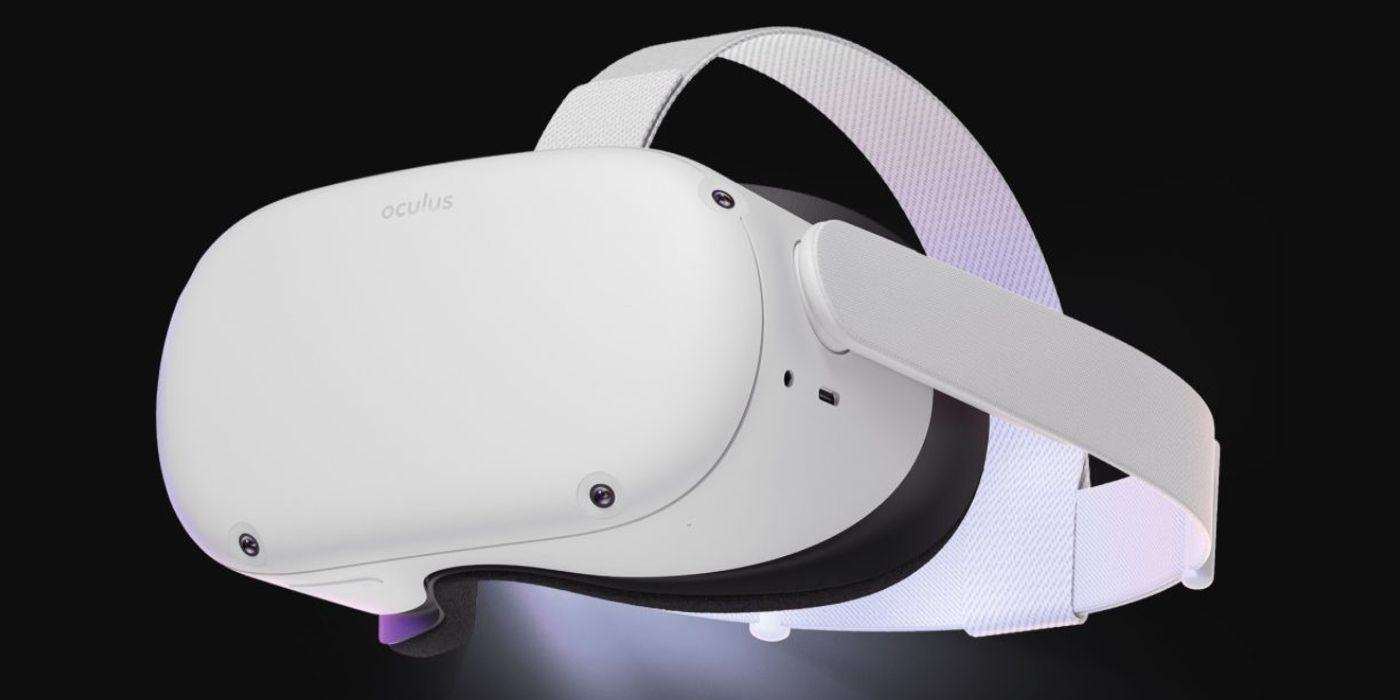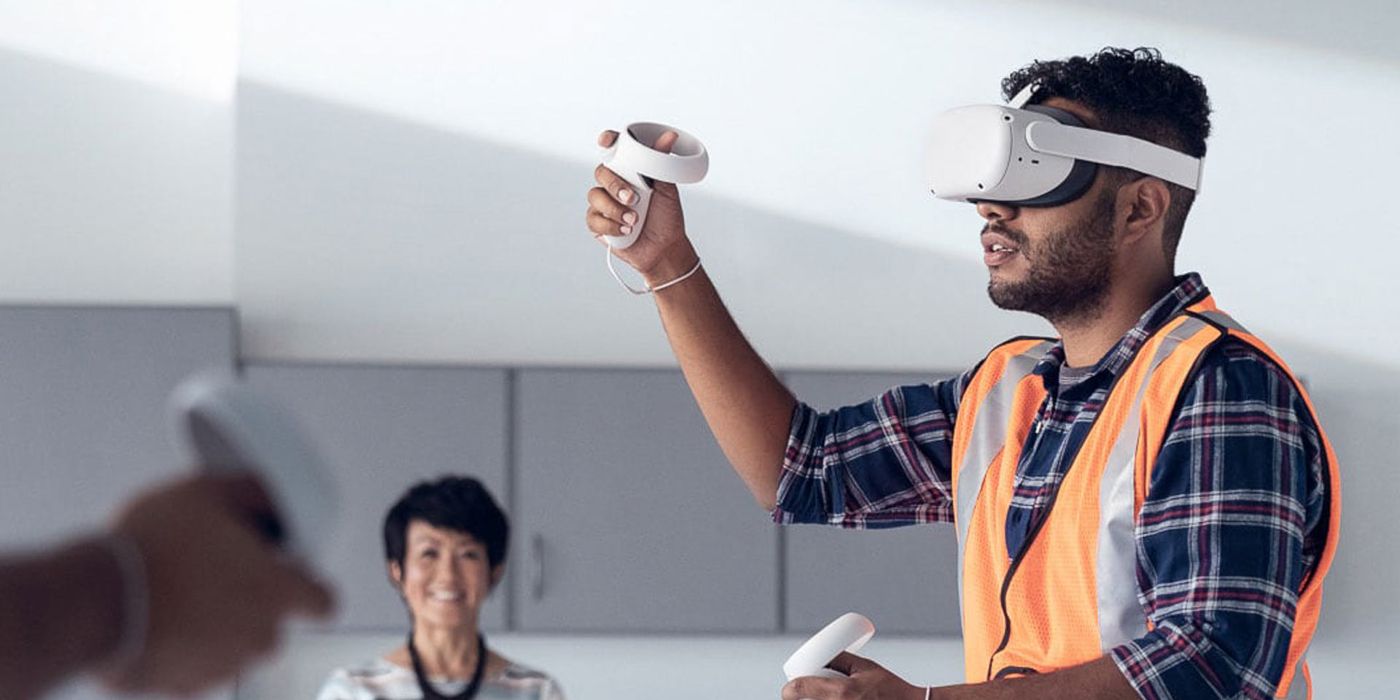
The Oculus Quest 2 virtual reality headset is one of the most successful VR headsets released yet. Facebook says that sales for the Oculus Quest 2 are "beyond expectations" and it has already surpassed the original Oculus Quest in monthly active users. Yet in one aspect, the Oculus Quest 2 has constrained itself, particularly in comparison to enthusiast PC headsets. That specific area is in the VR headsets refresh rate, the rate it refreshes its displays. To Facebook's credit, it sounds like a new update may solve that problem.
When the Oculus Quest 2 launched, many expected it to have an improved refresh rate compared to the original headset. That's because the original Oculus Quest was limited to just 72 Hz, allowing up to 72 frames per second. The Oculus Rift, Facebook's first headset, by comparison, offers 90 Hz and the more recent Valve Index offers 120 Hz (or even 144 Hz in overclocked mode). Nevertheless, the Oculus Quest 2 also launched at 72 Hz. This was attributed to performance limitations, battery life, and compatibility with software made for the original Oculus Quest.
RELATED: Oculus Quest Games Are Making A Ton of Money
Luckily, Facebook heard the feedback and got to work on improving the situation. That work has now come to fruition, upping the cap to 90 Hz in the Oculus Quest 2. Parity with the Oculus Rift also works as another tier of compatibility, so the Oculus Quest 2 can offer experiences hardwired to 90 Hz or 72Hz. But Facebook isn't done.

Facebook recently confirmed that it's now working on unlocking 120 Hz for the Oculus Quest 2, giving the VR headset parity with the Valve Index in terms of refresh rate. The upgrade would be unlocked via an update issued by Facebook, though no timeframe has been provided. While some native Oculus Quest 2 could potentially offer 120 Hz experiences, the feature is most likely being offered for those using Oculus Link in tandem with a high-end gaming PC that could put out 120 FPS.
As for what this means for the typical Oculus Quest 2 user, not much. As noted it's unlikely to be utilized by many games given the high-performance requirements to provide 120 FPS, regardless of the cap. But for those who do experience a 120 FPS game with a hypothetical change to a 120 Hz cap, it'll mean a smoother visual experience. Higher refresh and frame rates are attributed to less risk of VR sickness, too.
It's undeniably a good decision by Facebook to support 120 Hz in VR headsets. Compatibility modes open up more software options to Oculus Quest 2 users, regardless of whether their headsets can deliver the frame rate to match. Plus, it will hopefully lead to fewer developers targeting lower frame rates, which can provide subpar VR experiences and VR sickness. Still, Facebook's only said it will support 120Hz. It still needs to do the work, and could change its mind. Stay tuned for more updates in the months ahead.
The Oculus Quest 2 is available now.
MORE: Facebook is Being Investigated For Blocking Oculus Competition
Source: Tech Powerup

